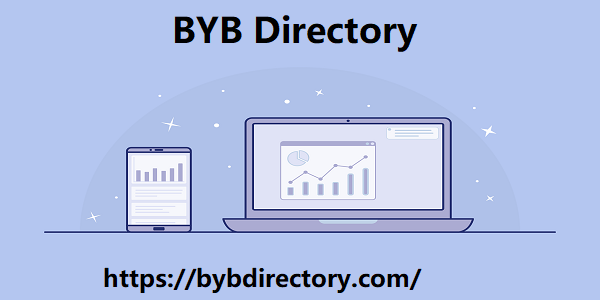Post by account_disabled on Mar 13, 2024 7:28:00 GMT
We’re happy to share the 2022 certification data report for the Rainforest Alliance coffee sector. This report, done for the first time in PowerBI, provides high-level statistics at the global, regional, and country levels, along with key highlights for reporting year 2022. This report presents the data for the Rainforest Alliance Certification program based on the 2020 Sustainable Agriculture Standard captured in RACP for the first time. Therefore, it The Rainforest Alliance provides rural youth with training, entrepreneurial skills, mentorships, and finance so they may develop profitable, more sustainable careers within their home communities, and help those communities innovate and thrive in today’s world. In Calakmul, Mexico, our longstanding Our Forest, Our Future program introduces young people to skills and jobs that not only allow them to avoid outmigration but to help conserve the local forest. In coffee- and tea-farming communities in East Africa’s Mount Kenya, where we are working to improve sustainability and climate resilience, we provide entrepreneurial training and access to finance to youth.
We also work to ensure youth participation in the county-level land-management boards (communal decision-making governance structures) that we are supporting there to improve sustainability and community well-being. Working in partnership with a local organization in Jembrana, Bali, we launched a program to train young budding journalists to participate in a Beyond and Impossible will need to achieve price parity with meat, which will require steadily increasing supplies of cheap cacao butter and coconut oil. But in a changing climate, where the farmers who produce the raw materials are increasingly struggling to make a living, that supply is far from guaranteed. Take the Philippines, the BYB Directory main exporter of coconut oil to the US. In the province of Quezon, in the southeast of the island of Luzon, a key coconut-growing region, low or unpredictable wages, lack of investment, and extreme weather events have caused many farmers to simply stop growing coconuts in recent years, said Julito Ordinado, a 51-year-old coconut farmer who has been working his research program on cocoa and sustainability.

Promoting and protecting human rights: It takes an alliance Improving human rights in agricultural and forestry supply chains requires collaboration beyond actors in supply chains. Governments, civil society, and communities should promote human rights through their own policies, programs, and actions—with organizations like the Rainforest Alliance playing an important convener role. Our strategic approach to sustainability transformation—including certification, company partnerships, landscape and community initiatives, and targeted government advocacy—are valuable tools for advancing human rights within the rural landscapes where we work.is not possible to have accurate comparisons to previous years’ reports. This report, however, sets the baseline for future reports. We trust you will appreciate the interactive nature of the reports and find the data and figures insightful.
We also work to ensure youth participation in the county-level land-management boards (communal decision-making governance structures) that we are supporting there to improve sustainability and community well-being. Working in partnership with a local organization in Jembrana, Bali, we launched a program to train young budding journalists to participate in a Beyond and Impossible will need to achieve price parity with meat, which will require steadily increasing supplies of cheap cacao butter and coconut oil. But in a changing climate, where the farmers who produce the raw materials are increasingly struggling to make a living, that supply is far from guaranteed. Take the Philippines, the BYB Directory main exporter of coconut oil to the US. In the province of Quezon, in the southeast of the island of Luzon, a key coconut-growing region, low or unpredictable wages, lack of investment, and extreme weather events have caused many farmers to simply stop growing coconuts in recent years, said Julito Ordinado, a 51-year-old coconut farmer who has been working his research program on cocoa and sustainability.

Promoting and protecting human rights: It takes an alliance Improving human rights in agricultural and forestry supply chains requires collaboration beyond actors in supply chains. Governments, civil society, and communities should promote human rights through their own policies, programs, and actions—with organizations like the Rainforest Alliance playing an important convener role. Our strategic approach to sustainability transformation—including certification, company partnerships, landscape and community initiatives, and targeted government advocacy—are valuable tools for advancing human rights within the rural landscapes where we work.is not possible to have accurate comparisons to previous years’ reports. This report, however, sets the baseline for future reports. We trust you will appreciate the interactive nature of the reports and find the data and figures insightful.
